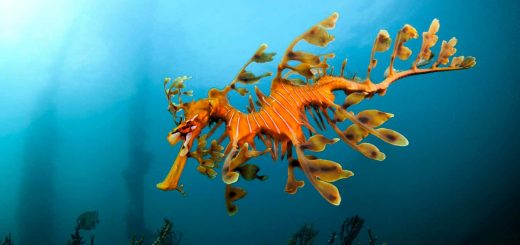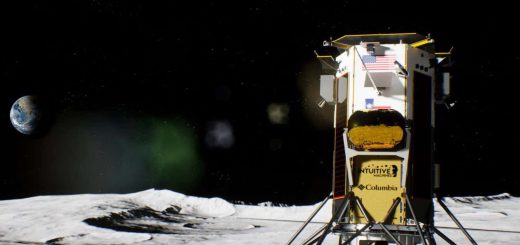Astronauts could drink their own urine with water-recycling spacesuit
When astronauts go on a spacewalk, their urine is collected by what is essentially a large diaper before being thrown away, and they have less than a litre of drinking water available – but a new kind of spacesuit could solve both issues
By Matthew Sparkes
12 July 2024
Part of the urine collection system
Luca Bielski
Astronauts on spacewalks may soon be able to drink their own urine, thanks to a water filtration and recycling system that could be ready in time for NASA’s upcoming crewed missions to the moon.
Waste water from urine and sweat is already recycled on the International Space Station, but the bulky equipment required for this doesn’t fit in a spacesuit. NASA’s current solution is the Maximum Absorbency Garment, which, despite the technical name, is essentially just an adult diaper for collecting urine and faeces. At the end of a spacewalk, these diapers go into the ISS’s waste system, eventually being burnt up in Earth’s atmosphere – an unsatisfactory waste of resources.
Read more
NASA’s Artemis astronauts will try to grow plants on the moon
Advertisement
Chris Mason at Cornell University in New York says the current solution is fine for spacewalks that tend to last only a few hours, but increasing activity in space means a better solution will be needed. He and his colleagues have now developed an 8-kilogram device around the size of a shoe box that can recycle urine – collected by unisex external catheters – with 87 per cent efficiency through a two-step osmosis filter.
The purified water is then ready to drink and can be piped into an in-suit bag. This has the additional benefit of ensuring a steady supply of drinking water: the current NASA spacesuits provide just under a single litre of drinking water, which is often insufficient for a long spacewalk. The remaining 13 per cent of the water content cannot be extracted and remains in the filter.
“I thought this would have been done already, but it’s not,” says Mason. “People that are pushing the limits of humanity will often trade discomfort for the opportunity to explore an entirely new area of science or medicine.”


